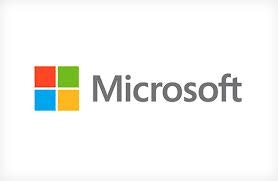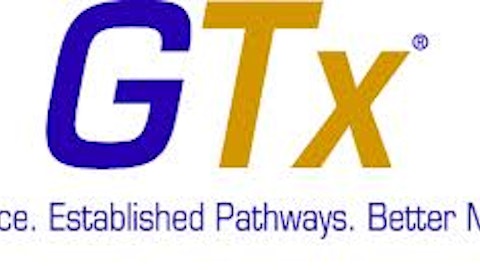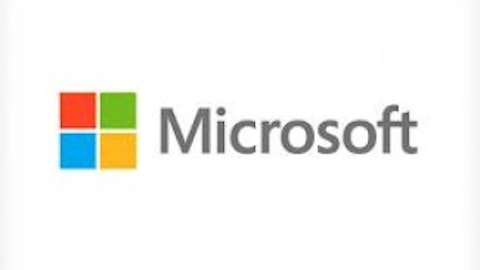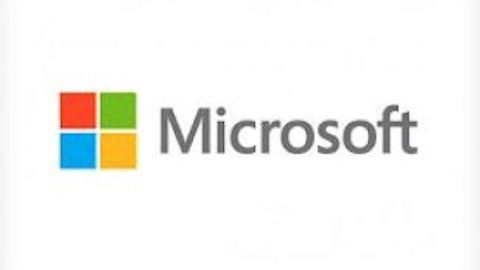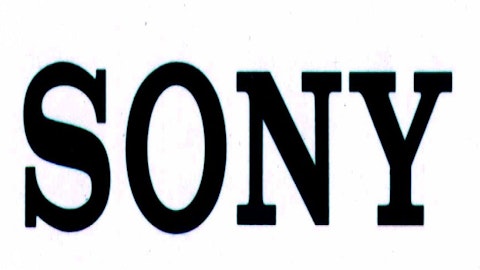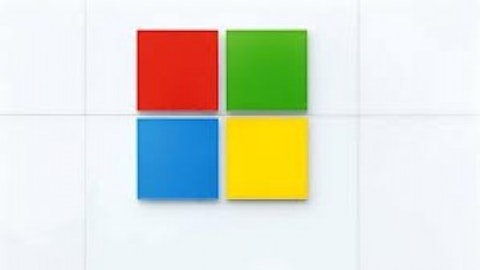Companies often make mistakes. When they do, they have to back up before they can go forward again. Their reputation is at stake, sales hang in the balance, and billions of dollars could be lost. Here are two companies backtracking to get ahead:
Microsoft Corporation (NASDAQ:MSFT)’s mistake
Last month, Microsoft Corporation (NASDAQ:MSFT) unveiled its $499 Xbox ONE console at the E3 game conference. Touting high resolution images and an advanced interactive features, the system looked cool, but its wonder was short lived. Gamers were soon fuming over Microsoft Corporation (NASDAQ:MSFT)’s newest policies.
New guidelines forced Xbox One users to connect to the Internet once a day in order to play games. Earlier this year, many gamers had suffered through a bad experience with Electronic Arts, when the company forced users to continually connect with EA’s servers in order to play the newest Sim City. EA’s servers couldn’t handle the initial traffic, and many gamers were left with a game they couldn’t play. The new policy instantly reminded gamers of this bad memory and had them looking to competitor Sony Corporation (ADR) (NYSE:SNE) for an alternative.
Gamers looked, and they saw Sony Corporation (ADR) (NYSE:SNE)’s sleek new PS4 priced at just $399. In addition to playing games without an Internet connection, the PS4 allows users to sell and trade games without game publisher restrictions, another unpopular policy that Microsoft Corporation (NASDAQ:MSFT) had opted to go with.
Microsoft’s Xbox has long been the “top dog” among adult gamers, yet earlier this year the IDC announced that Sony Corporation (ADR) (NYSE:SNE) had sold over 77 million PS3s worldwide, 1 million more consoles than Microsoft Corporation (NASDAQ:MSFT). It appears consumers are slowly beginning to favor Sony Corporation (ADR) (NYSE:SNE), and Microsoft Corporation (NASDAQ:MSFT)’s latest gaffe may accelerate the trend.

Backing up
After a resounding outcry, Microsoft announced it would reverse some of its unpopular policies. Users would no longer need to connect to the Internet, and the company revoked restrictions concerning how its video game discs are traded, resold, or rented.
Microsoft’s entertainment and devices division saw its revenue grow 56% year-over-year last quarter after the membership for its pay-to-play online gaming platform, Xbox LIVE, grew to 46 million members worldwide. If Microsoft wants to keep this number growing, it will have to beat out Sony. Before it announced its changes, 71% of gamers intend to purchase a PS4 compared to an Xbox One. Only time will tell if Microsoft’s backtracking has swayed consumer preference.
A noble plan
Microsoft was able to backtrack on some of its new policies to save face, and sales. This situation looks like an easy fix in comparison to Barnes & Noble, Inc. (NYSE:BKS). Last month, the company announced that it would no longer produce the color tablet version of the Nook. Despite spending hundreds of millions of dollars in research and development, Nook losses more than doubled in the last quarter, erasing any profits generated in its brick and mortar book store.
The Nook Color was intended to give big name players a run for their money, but backtracking on the device illustrates how Barnes & Noble, Inc. (NYSE:BKS) and Noble has waved a white flag to tablet producers like Amazon.com, Inc. (NASDAQ:AMZN), Apple, and Google. Microsoft plans on co-branding devices made by third-party manufacturers, while continuing to produce black and white e-readers. The move should save Barnes and Noble money in the short-term, but the long-term outlook doesn’t look good.
E-readers sales are predicted to shrink over time, while color tablet sales are forecasted to rise. Industry leader Amazon.com, Inc. (NASDAQ:AMZN) has positioned itself to profit on both fronts. It already controls a dominant 55% of the e-reader industry and is the fourth largest producer of color tablets. After a recent settlement readers can also expect Amazon to offer the lowest eBook prices on the market.
A losing battle
By diversifying its lineup with toys, games and other products, Barnes and Noble’s retail stores have remained profitable. In the fiscal year 2012 the store generated EBITDA of $438 million. With sales continuing to slide 10% year-over-year, Barnes and Noble’s future appears bleak.
Backtracking on its Nook production is a good first step, but if Barnes and Noble wants to remain profitable, it may have to backtrack its entire business model while there is still cash in its pockets.
Getting ahead
Backtracking isn’t fun for any company. For Microsoft, backtracking involved confessing that its product did not meet consumer’s demands. Now that it has changed its policies, expect gamers to slowly come back to them. It’s got plenty of time to convince them before its November release date.
Barnes and Nobel acknowledged it couldn’t keep pace with big-name tech companies and threw in the towel on a costly device. Hopefully it will use the savings to invest in a long-term business strategy.
Backtracking doesn’t look good, but once it’s done, investors can see companies moving toward a brighter future.
The article 2 Companies Backtracking to Get Ahead originally appeared on Fool.com and is written by Joshua Sauer.
This article was written by Joshua Sauer and edited by Chris Marasco and Marie Palumbo. Chris Marasco is HeadEditor of ADifferentAngle. None has a position in any stocks mentioned. The Motley Fool recommends Amazon.com. The Motley Fool owns shares of Amazon.com and Microsoft.
Copyright © 1995 – 2013 The Motley Fool, LLC. All rights reserved. The Motley Fool has a disclosure policy.
